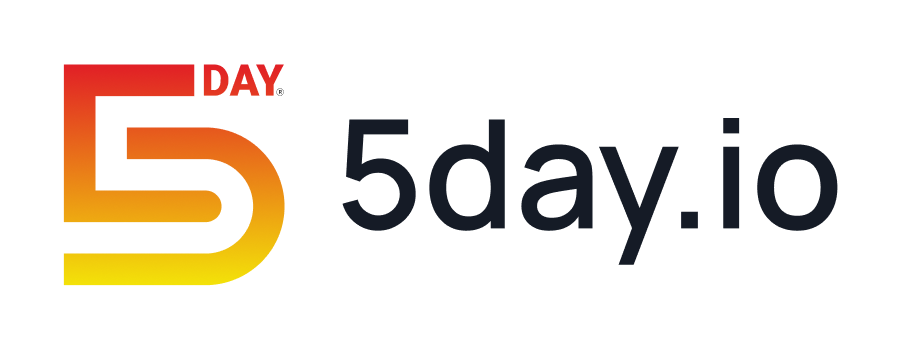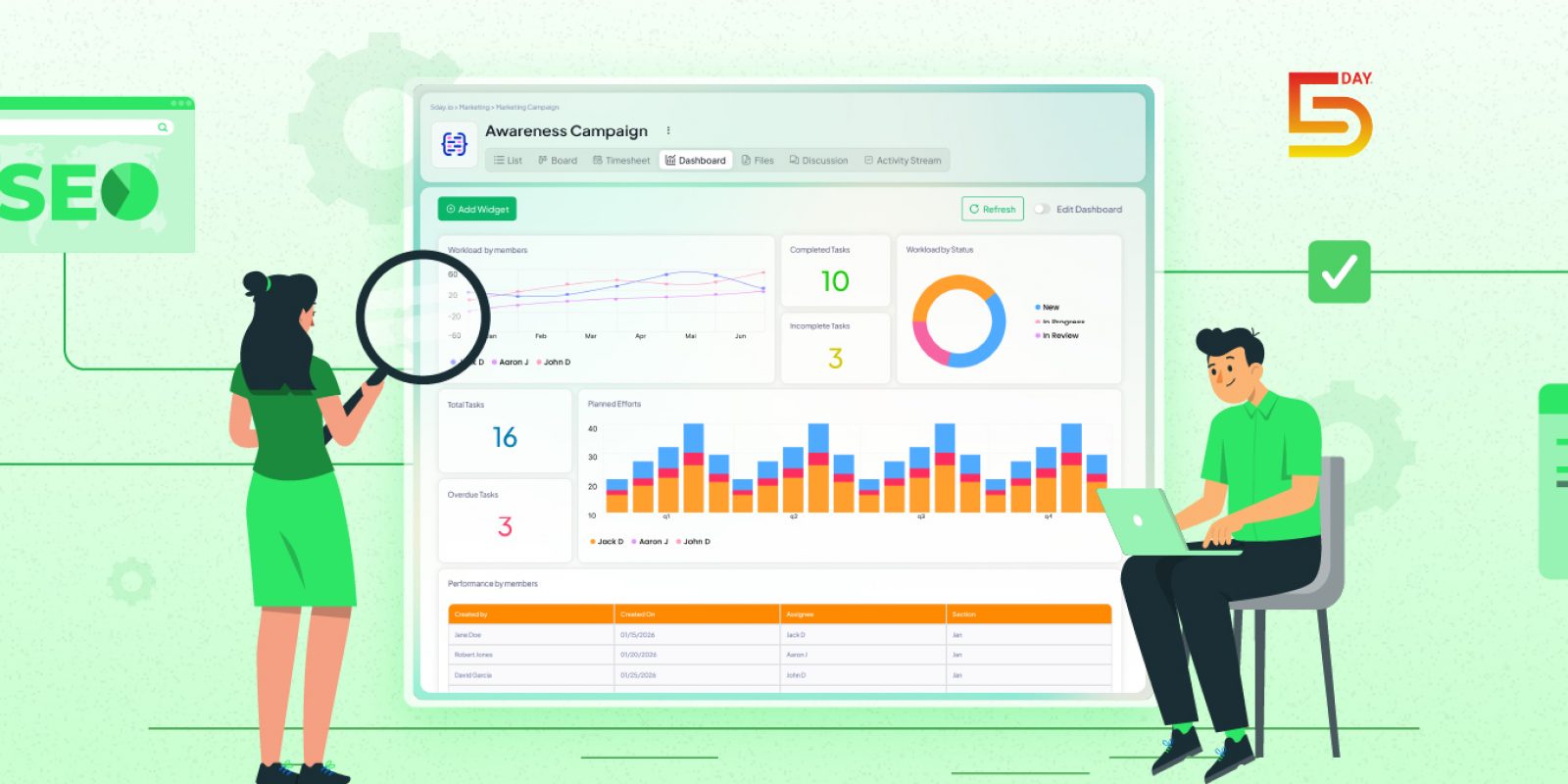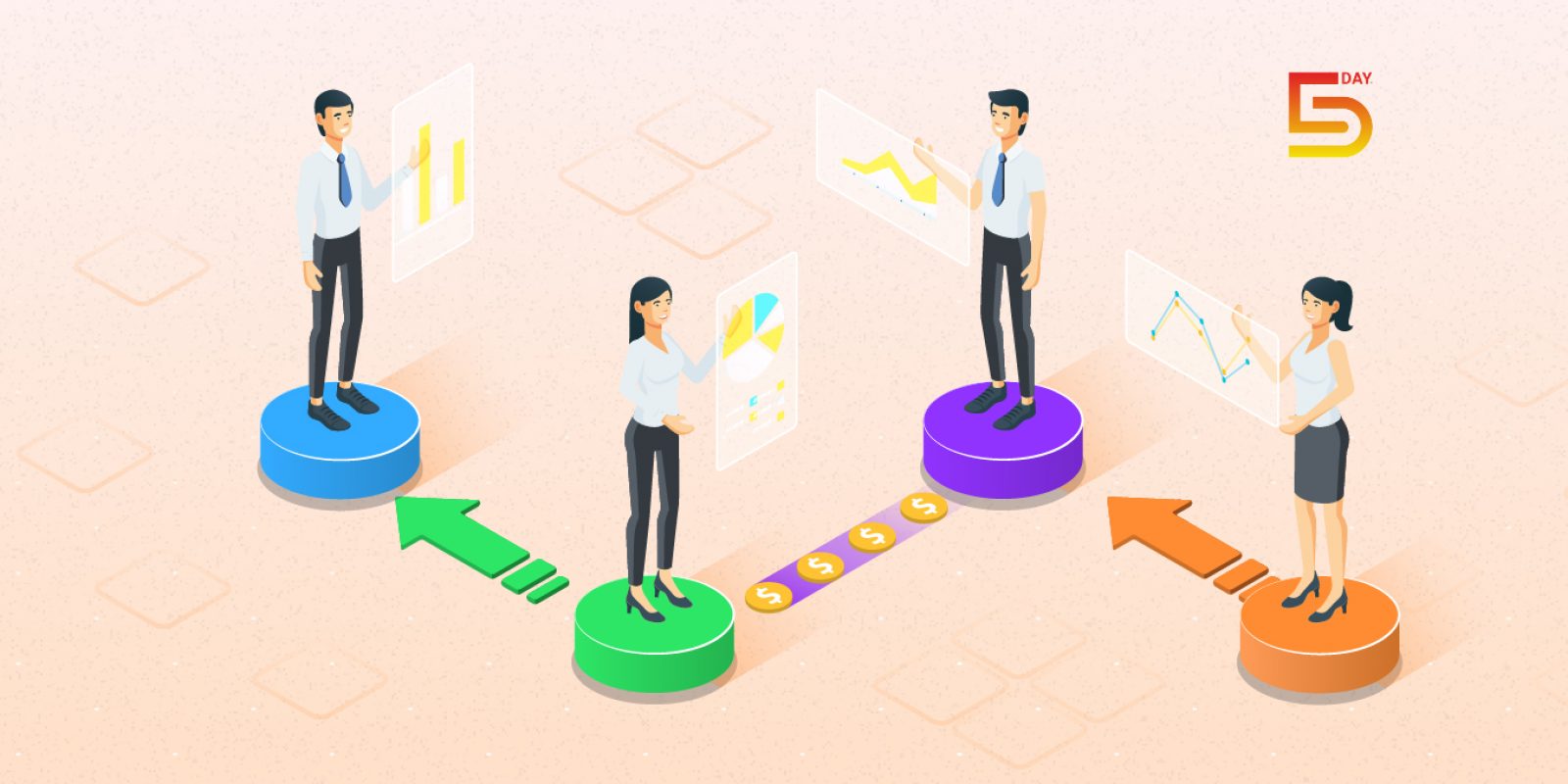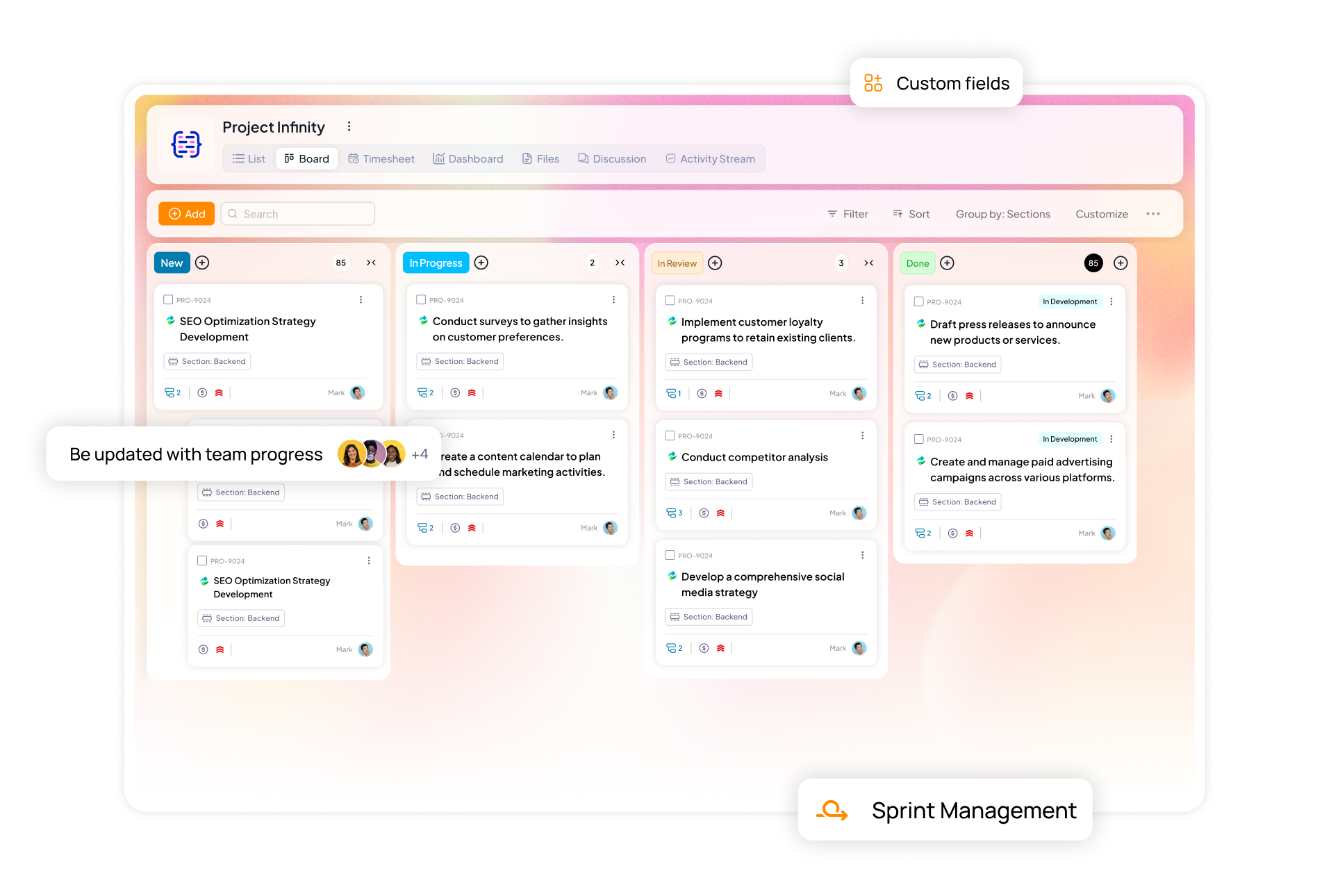Have you ever felt like you are juggling fire balls while riding a unicycle. This is what managing projects can feel like without solid project management principles.
Understanding the roles and responsibilities of a project manager is crucial for businesses and aspiring professionals alike. In this blog, we will explore essential project management roles and responsibilities, their importance and how project management tools make managing project management tasks seamless.
Who is a project manager?
A project manager is a professional who is tasked with spearheading the entire project lifecycle. They see the project delivery from start to finish and ensure that project management tasks are within budget, time, and scope. They are primarily responsible for managing team members, stakeholders and resources.
What does a project manager do?
Project managers are like superheroes of getting work done. They have got a range of skills to handle any challenges that come their way. They are not just bosses, they are leaders, planners, deal makers, cheer leaders (Seriously 😀) and sometimes the shoulder to cry when things get tough. Here’s glimpse of daily adventure of project manager duties:
- Setting goals: They are the ones who figure out what the project is all about and what their team needs to achieve. They set clear goals, so that everybody knows what they are working towards.
- Making plans: Creates detailed plans, simplifies work into manageable tasks. They ensure there are timelines for every task and who’s responsible for what part.
- Tracking progress: Check on how things are going and make sure the project stays on schedule. If there are some potential roadblocks, they make necessary changes for on-time delivery.
- Engaging stakeholders: Keep everyone informed, listen to concerns and make sure everyone stays on the same page. Good at explaining complicated things in simpler words so that everyone can understand.
- Making decisions: Evaluate various options, consider the impact, and choose the best path forward. Assess what could go wrong and how to control it.
Roles and responsibilities of a project manager
Project managers wear a lot of hats. They are basically the conductors of the project orchestra, making sure everyone is playing the right tune at the right time.
Project manager roles define what you are going to do and how you fit in with everyone else. This can be with your team, clients and other stakeholders.
Project manager responsibilities are everyday tasks they do at work. These are the specific tasks that add up to achieving project’s goals. They need to manage all aspects of the project from start to finish. Here is the breakdown of different roles in project management:
- Planning & scheduling
Identify the project goals and establish what needs to be achieved. This includes determining a clear timeline and outline when each phase is completed. This means defining the project scope and setting realistic expectations for everyone.
- Resource management
Keep the project within budget and make sure everyone has the right tools and support to accomplish the task. Also, keep an eye on everyone’s workload so no one is burning out and distribute work evenly.
- Team leadership
Build a supportive environment where everyone feels comfortable sharing ideas and working together. They also step in to resolve conflicts and keep the team motivated when things go south.
- Communication
Establish a regular cadence of clear, concise updates to keep the team, clients and stakeholders informed and aligned. They serve as the main point of contact between teams and stakeholders both internal and external.
- Risk management
Identify potential risks and develop contingency plans to mitigate the risk. They take actions to address the challenges and keep the project on track.
- Monitoring and reporting
Keep a close eye on how things are going, check progress against the goals and adjust plans as needed. Also, document what worked well and what didn’t, so future projects can run smoother.
Project managers have a lot on their plate. They keep track of due dates and the budget, making sure everything’s by the book. It’s a busy life!
The importance of project manager
Project managers are key to making sure projects succeed because they handle so many different things. Let’s explore the key reasons why project managers are so crucial:
- Realistic planning
Good planning is the cornerstone of any project’s success. Forget about random guesses and ‘will come back later’ deadline. These are recipes for disaster. Project manager builds a solid foundation by crafting realistic plans that keeps the project moving smoothly and on schedule. - Clear focus and objectives
Imagine a team working on a project without clear goals. Messier it will be, right? A project manager sets clear objectives and keeps everyone focused. This ensures the team stays on track and there are no delays to deadlines. - Simplifying complex issues
A good project manager takes on big, complex tasks and breaks them down into smaller manageable parts. This helps the team to prioritize, set milestones, and tackle complex issues with more agility. - Quality Control
Finishing faster is great, but it is pointless if the quality is substandard. A project manager sets the quality threshold at the beginning, so the team knows what they want to accomplish. - Cost factor
A skilled project manager helps save money by improving efficiency, managing risks and optimizing costs. This helps business grow and reduce wasting resources.
How 5day.io makes project management easy
Bring everything together in one place, so you can plan, track, execute, and analyze projects easily. 5day.io keeps everyone on the same page and helps things run like clockwork.
Here’s how it simplifies project management:
- See the big picture: Visualize your project with different views like lists, kanban views. This allows project managers to prioritize, track progress and adjust plans as needed.
- Tasks? No problem: Stay organized with your work and team management. Whether your team uses agile or kanban, 5day.io adapts to your workflow. Everybody knows what they are responsible for, and priorities are crystal clear.
- Communication is never this easy: 5day.io makes it easy to discuss and collaborate, both within the team and with clients or stakeholders. No more endless email threads or missed messages!
- Time tracking made hassle free: Timesheets don’t have to be nightmare. 5day.io timesheets simplify the time management and fast track work approval process.
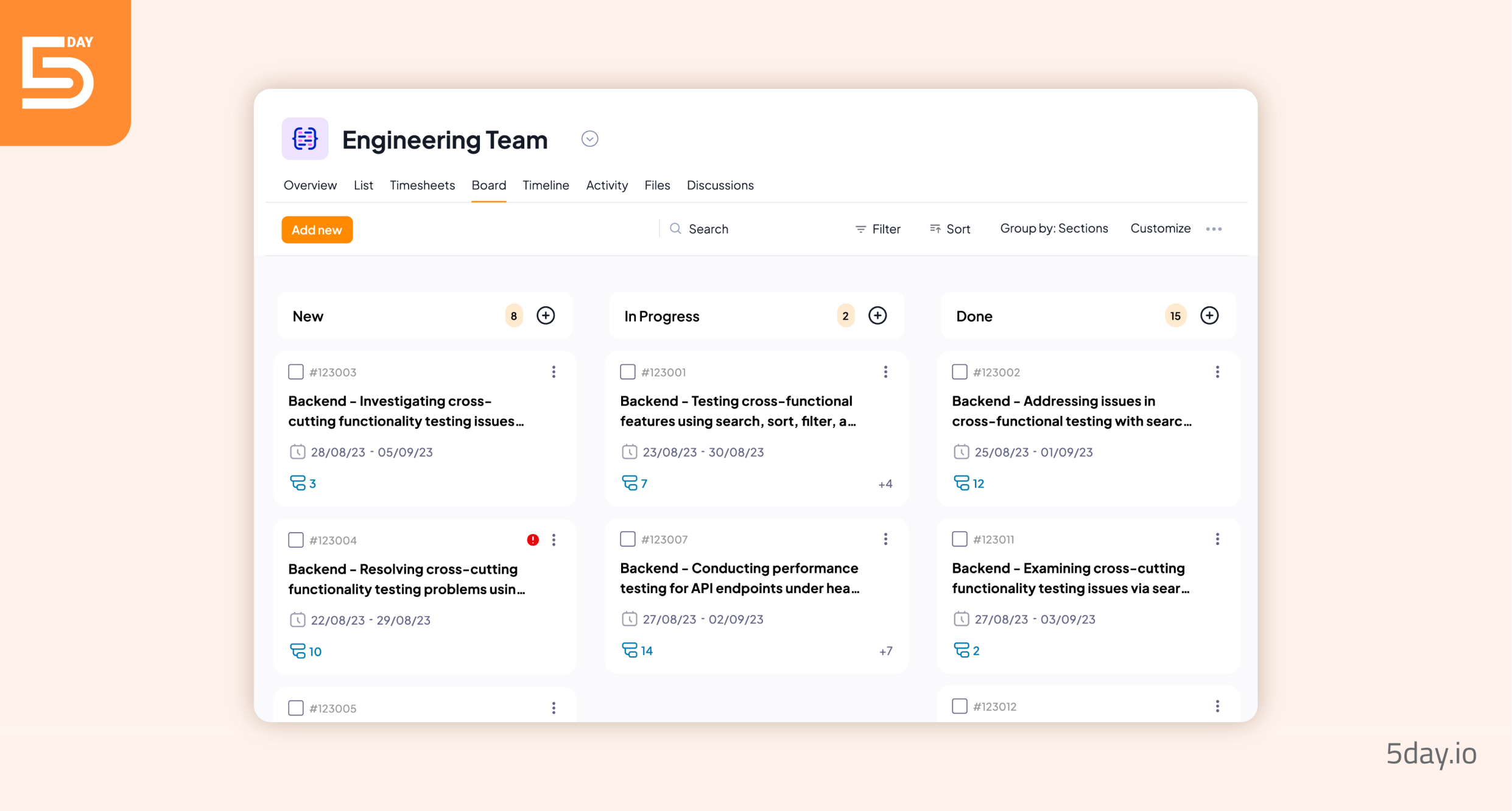
Conclusion
Being a project manager is no walk in the park. It’s a juggling act – managing multiple tasks that includes planning to team management to stakeholder communication. They are the leaders who make projects happen. It’s not just about checking boxes but about adapting and evolving as the project goes along.
Want to simplify your projects and make your life a little easier? See 5day.io in action
FAQs
What are the key roles of a project manager?
Project manager duties include:
- Define project scope, objectives, deliverables, and timelines. This involves creating a detailed project plan that guides the entire project lifecycle.
- Identify and utilize the necessary resources for different aspects of work. Effective resource allocation ensures the project stays on track and within budget.
- Assess and mitigate potential risks that could impact the project. This involves developing contingency plans and proactively addressing potential roadblocks.
- Keep stakeholders informed of project progress, challenges, and changes. This includes regular updates and communication to ensure everyone is on the same page.
What are some common challenges faced by project managers?
Project managers often face various challenges throughout the project lifecycle. Some common ones include:
- Scope Creep: Uncontrolled expansion of project scope beyond the original plan, leading to delays and cost overruns.
- Resource Constraints: Limited availability of budget, team members, or tools, affecting project progress.
- Communication Gaps: Ineffective communication among team members and stakeholders, leading to misunderstandings and delays.
- Changing Requirements: Adapting to evolving project requirements and stakeholder expectations.
- Tight Deadlines: Managing time effectively and meeting strict project deadlines.
- Risk Management: Identifying and mitigating potential risks that could derail the project.
What skills are needed for a project manager?
Project managers require a blend of leadership, communication, and organizational skills. They must be adept at problem-solving, decision-making, and risk management. Technical proficiency in project management methodologies and software tools is essential. Finally, strong interpersonal skills are crucial for stakeholder management and team leadership.
What qualifications are required to become a project manager?
Project manager roles often prefer a bachelor role, though some organizations ask for experience. Certifications like PMP, CSM, and PRINCE2 enhance credibility. Practical project management experience, including leading teams and managing budgets, is highly valued. Strong leadership, communication, and problem-solving skills are essential.
